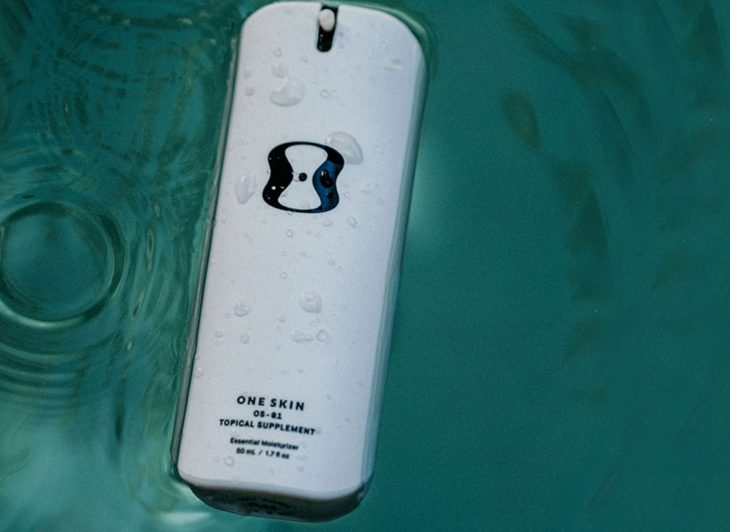
Have Korean Scientists Discovered How To Reverse Skin Aging?
For anyone who has been following anti-aging science in recent years, you will know that we live in rather exciting times. Humanity has been dreaming of finding the ‘elixir of youth’ since at least the days of Mesopotamia, and now some 4,000 years later, many scientists think that aging is finally on the cusp of being conquered. Much of the excitement has been centered on the discovery that senescent cells, or so-called ‘zombie cells’ that no longer work but remain in the body, appear to play a huge role in the aging process. Over the last few years, researchers have began playing around with attempting to remove these dead cells from mice, and invariably found that the treated mice had apparently gained some major health benefits, such as having a ‘rejuvenated’ or more youthful cardiovascular system and such. In many ways, the mice seemed to have been turned back into younger versions of themselves. But what works in mice, doesn’t always work in humans. So it when a leading anti-aging clinic in the USA delivered similar results in the first human trials, many began predicting that aging would be a thing of the past within the next decade. It’s perhaps especially exciting, in that in these first attempts at destroying senescent cells, very crude methods have been used, such as giving the mice, or the human patients, certain cancer drugs and the likes, which kill not only dead cells, but also a percentage of living and healthy cells.
In the latest breakthrough, scientists in South Korea have announced the results of a gene therapy experiment looking at inhibiting a very specific protein in the human body (PDK1) in the hope that it would result in a reduction in the harmful effects of senescent cells (the theory is that these dead cells cause inflammation in surrounding healthy cells and tissues, causing aging). Working on human skin tissue, the Korean research team found that the treatment did indeed appear to not only stop the harmful effects of the senescent cells, but to reverse those effects, and turn the skin tissue back into a more youthful state. As quoted by RussiaToday, the lead scientist in the team, Professor Kwang-Hyun Cho, the effects of the gene therapy on the skin were ‘dramatic‘, that the same treatment applies not only to human skin but also to our whole body‘, and that his technique represents ‘opening the door for a new generation that perceives ageing as a reversible biological phenomenon.‘.
This isn’t the first time that scientists have attempted to treat skin aging through the use of methods to kill or neutralize senescent cells (senolytics). In fact, while the senolytic gene therapy invented by the South Koreans might not reach clinics for many years, there is already a skin cream being sold that is marketed as having senolytic properties, and that has appeared to reverse skin aging in the laboratory. The ingredients of One Skin contain a particular peptide thought to kill dead ‘zombie cells’ in the skin. The makers, made up of a team of bona-fide research scientists in the longevity industry, claim that stronger and more youthful skin should be apparent after between 4 and 8 week of use. If these claims are valid, then it would be the first skin cream in history to actually reverse skin aging.
